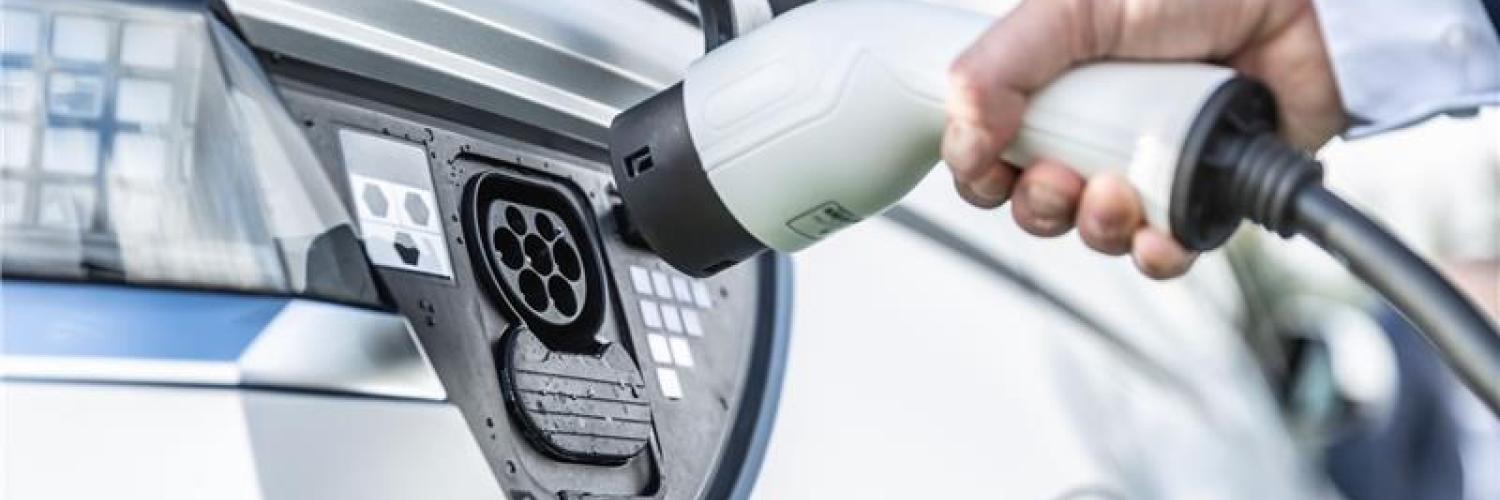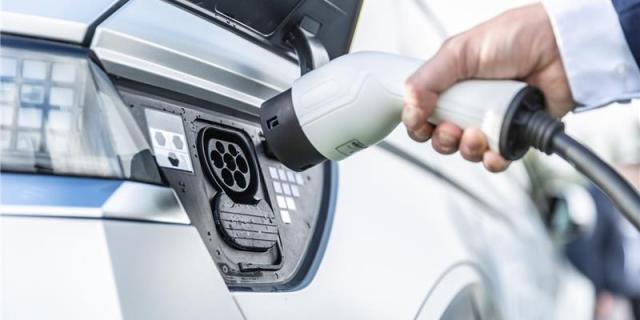The electrification of vehicle fleets not only introduces technological changes but also presents companies with an opportunity for long-term financing. Financing over six or even seven years offers many advantages, which we would like to set out for you here.
According to the most recent figures from Renta, the federation for our industry, the average lease period in Belgium has now risen from approximately 42 months (five years ago) to 51 months in 2025. Renta expects the average lease term to be even longer in the future.
We are also noticing this at Arval Belgium: while a lease contract rarely used to last longer than four years, the average term is increasingly shifting towards five years, and companies are even starting to consider a lease term of six or even seven years.
The battery that lasts longer than expected
One of the main reasons for this shift is the impressive durability of modern EV batteries. Previous doubts about rapid battery degradation have proven to be largely unfounded.
In 2024, the reputable news source InsideEVs reported that large-scale international studies show the average battery capacity drops only by around 1.5% to 2% per year. This means that after seven years, more than 85% of the original capacity tends to be retained – more than enough for most trips.
Other research institutes also confirm this development. According to Stanford University, current battery technologies can last up to 40% longer than previously predicted. Other research shows that most batteries still retain more than 80% of their capacity even after 200,000 kilometres. This means that an electric vehicle remains fully functional without any notable loss of range or reliability even after six or seven years.
A financial and sustainable advantage
Alongside technological advancements, the economic reality also plays a significant role. By retaining a vehicle for a longer period, companies can spread their depreciation over an extended timeframe. This reduces the monthly lease cost and makes the total cost of ownership (TCO) more attractive.
Moreover, the less frequent replacement of commercial vehicles reduces CO2 emissions associated with the production of new vehicles and lowers the environmental impact per kilometre driven, which aligns perfectly with our sustainable business philosophy.
The importance for mobility and fleet managers
If you are a fleet or mobility manager at your company, you should certainly consider adopting a more flexible approach to the lifespan of electric vehicles than the traditional four- or five-year policy. The average company car in Belgium has an annual mileage of around 25,000 kilometres. This means the battery remains in excellent condition after six or seven years, while maintenance costs remain lower compared to combustion engines.
Ensuring the right conditions can certainly help to optimise the battery's performance. You can do this by developing a smart charging policy one example being that you limit the use of rapid charging. In addition, it is advised to encourage your employees to perform regular software updates, so the battery's health remains optimal even during long-term use.

Smart Charging Policy
The vehicle you trust with uninterrupted service
Extend your BEV
Avoid rushing to find a replacement or stressful delays. With batteries built to last over 8 years, fewer mechanical parts, and lower maintenance costs, your vehicle stays reliable and cost-efficient.
Reduce your environmental impact: avoid unnecessary production and conserve resources while waiting for the next big tech upgrade. Extend usage with confidence, reduce impact and stay in control with a vehicle you already know.





